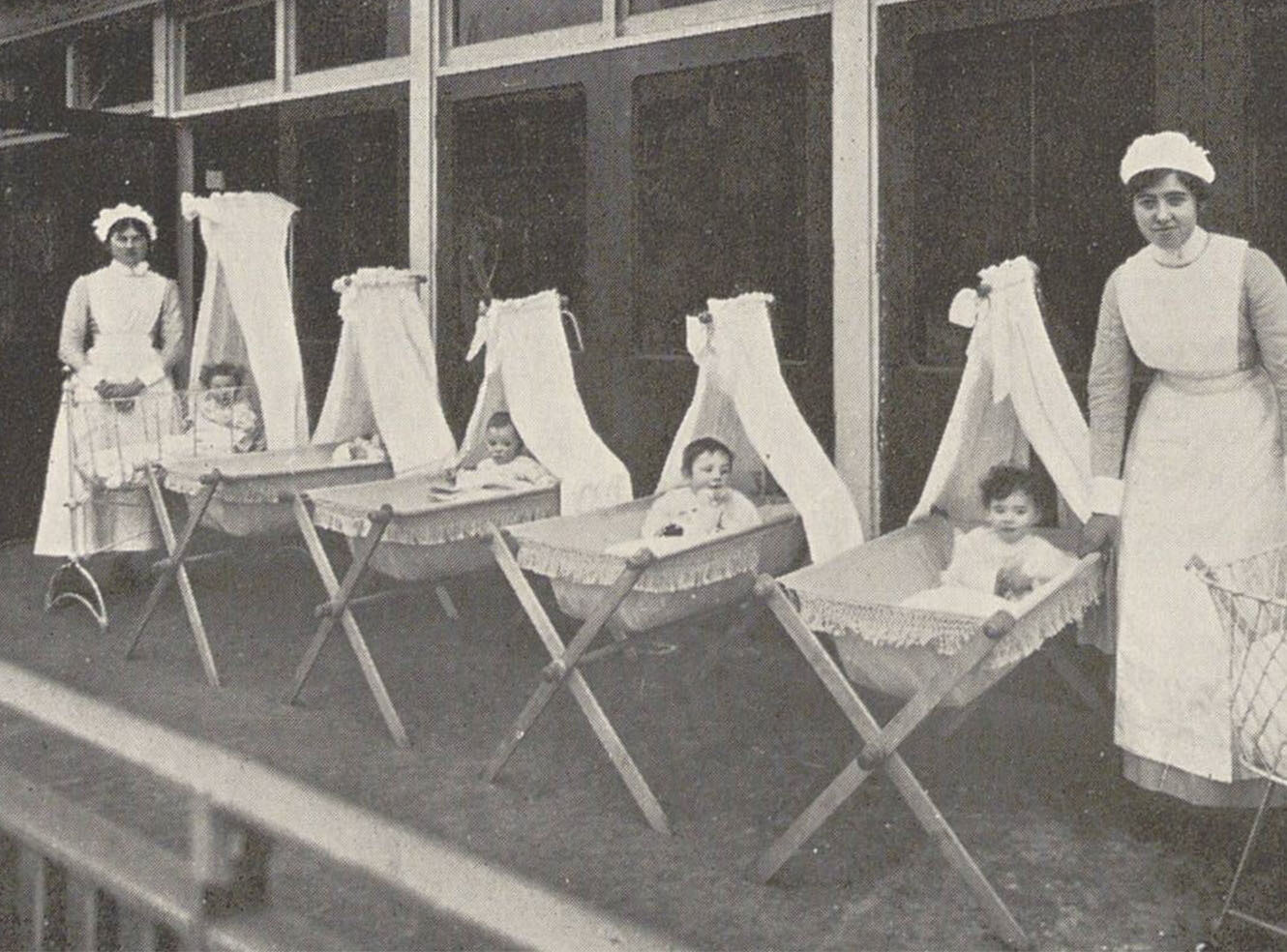Adventure tales from Empire Online
We are currently hard at work redeveloping our popular Empire Online resource, and I have the good fortune of being the Project Editor for updating this fascinating digital collection.
Empire Online has proved to be one of our most popular projects since its initial release in 2003, so we felt it deserved a modern facelift worthy of its excellent content. We will be rebuilding the entire website from scratch to bring it up to date with the specifications that match our latest digital resources, including full text searchability and features like My Archive. There are further plans to include a range of new learning resources such as a visual resources gallery, maps and an interactive chronology.
I have a keen interest in adventure, exploration and nautical navigation. Since beginning work on updating Empire Online I have had a chance to delve into the current collections and I was delighted to discover the wealth of materials written by the great explorers and early naval captains.
The resource contains works from Captain James Cook’s three voyages of exploration including the log book from the Endeavour on his first voyage, in which he discusses his encounters with the Maoris and Australian Aborigines. There are also charts, maps and drawings from his various expeditions. There are also papers from other crew members on the Cook expeditions; one such example is a collection of fantastic illustrations by John Webber on the third voyage to the Pacific, showing the village scenes, culture, costume and scenery of various locations in Oceania.
One of the most interesting things in Cook’s papers are his notes on longitude readings throughout his journal of the second expedition. Measuring longitude at sea was an age old problem. The British Government had set up the Board of Longitude in 1714, offering a prize to the first person to establish a method to measure longitude at sea . Some of the greatest scientific minds of the day, including Sir Isaac Newton, worked on the problem. By the 1760s British watchmaker John Harrison had discovered a useful method when he developed a relatively accurate marine chronometer. Cook used the lunar distance method to measure longitude on his first voyage, but on his second journey from 1772 to 1775 he tested a chronometer built by Larcum Kendall based on Harrison’s design; the success of this method can be seen in Cook’s resulting charts and maps, the accuracy of which were a huge advantage to the British in that age of discovery.
Continuing the theme of exploration, Empire Online also includes the journal of William Dampier from his time as a pirate in the seas off the American continent from 1681 to 1691 - a truly fascinating tale of adventure. The original letters and orders of Commodore George Anson from 1740 to 1743 also make a fascinating read. Anson planned to attack Spanish ports and territories in the Pacific while completing a full circumnavigation of the globe, but suffered a long series of disasters. Out of eight ships and over 1800 men, Anson returned home from the circumnavigation with just one ship and 188 men.
Along with the fascinating accounts of adventure and exploration at sea, Empire Online contains a wealth of material relating to other themes such as art, literature, religion, race, class and colonialism. It includes personal papers from missionaries, government colonial reports, brochures from international exhibitions, photos, art, contemporary books & pamphlets, to name but a few.
The refurbished Empire Online project is due for release later this year at the same time as the launch of our new resource Global Commodities: Trade, Exploration and Cultural Exchange. The two projects share many thematic links and will be a great boost for students working in these subject fields.
Recent posts

AM’s new resource, A Global History of Epidemics, 1800-1970, offers interdisciplinary researchers unique primary sources, interactive tools from maps to timelines, and expert essays, to explore disease history, colonialism, and public health advancements within the British Empire and beyond.

